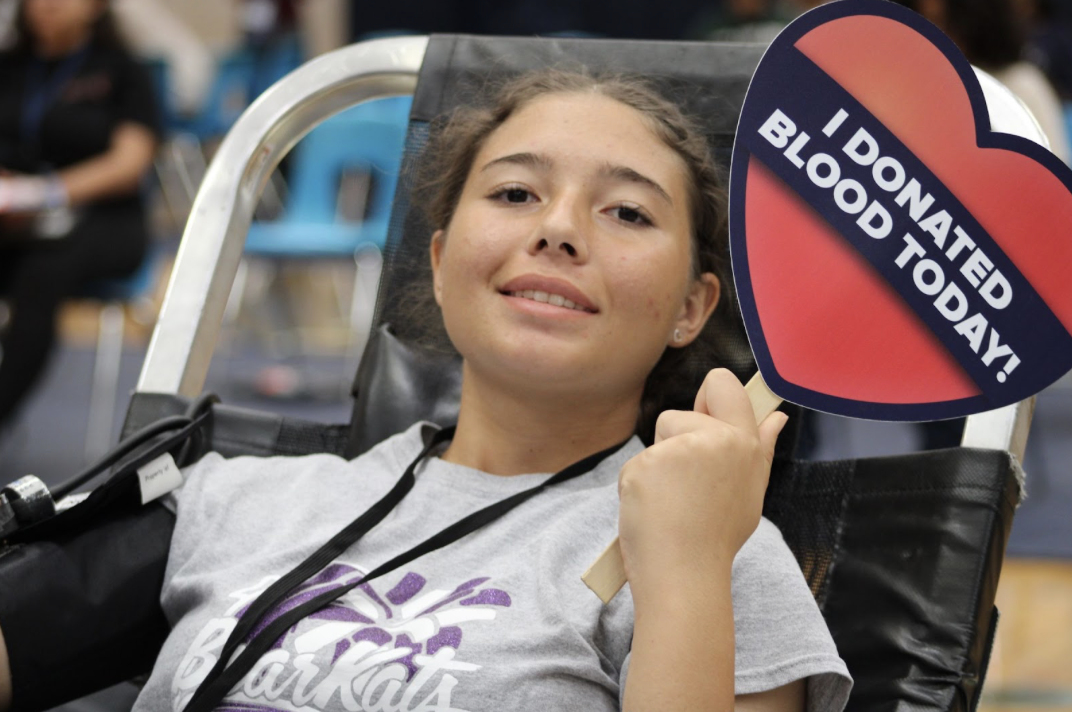The Truth about Coffee
September 25, 2017
The “back to school” season has officially begun. For many students, this means waking up at earlier times than they are used to, interacting with more people, and having to do homework… which means more responsibilities.
With the changing demands of daily life, American Academy of Pediatrics found that the amount of adolescents drinking coffee to manage their fatigue has been increasing throughout the past two decades.
But what really happens to a teen’s body while they are ingesting caffeine?
The Verdict
According to the Newport Academy, teens and adults should not consume more than 500 to 600 milligrams per day of caffeine or more than four cups of coffee. If too much caffeine is consumed, then some side effects may occur.
These include:
- Agitation
- Anxiety
- Shakiness
- Dizziness
- Sleep disorders in adolescents
- An upset stomach
- Headaches
- Rapid heart rate
- Dehydration
However, this limit doesn’t necessarily apply to everyone. If teens do not typically drink coffee or have a smaller body mass, then it will take less caffeine to feel the side effects as opposed to teens who drink coffee regularly.
The journal, Pediatrics, found that teens who drank coffee to complete homework late at night were more likely to have trouble concentrating at school the next day.
It is possible to overdose on caffeine. There are ways to identify whether or not students have lost control over their caffeine consumption.
The tell-tale signs are:
- Fast or irregular heartbeats
- Confusion
- Difficulty breathing
- Muscle tremors
- Hallucinations
- Increased urination
- Dehydration
- Nausea
It is also possible to become addicted if coffee is consistently drunk over a certain period of time.
Symptoms of dependence include:
- Progressively needing larger amounts of coffee to feel energized
- Headaches, agitation, irritability, and other feelings of withdrawal if coffee is not consumed
- Unable to go without having coffee
- Continuing to drink coffee despite side effects and/or daily performance
Monitoring and controlling the amount of coffee consumed is vital to staying healthy. If the proper amount of coffee or any caffeinated beverage is consumed, there are benefits. The Healthy Eating reports from the San Francisco Gate expands on the positive effects of teens drinking coffee:
- Little or complete relief from fatigue
- Allows teens to socialize
- Can improve memory for about 24 hours
When dealing with stress and late-nights, students should always be aware of how much caffeine they are putting into their bodies.
Additional Sources
http://healthyeating.sfgate.com/benefits-coffee-teenagers-11248.html
http://www.livestrong.com/article/512868-the-harmful-effects-of-caffeine-on-teenagers/
https://www.newportacademy.com/resources/empowering-teens/caffeine/







